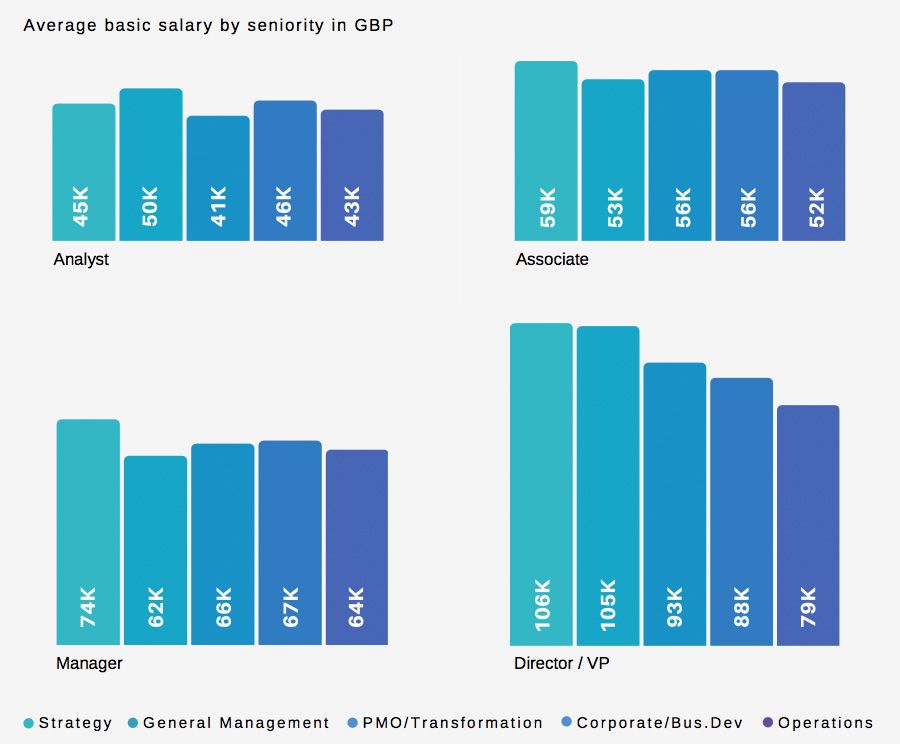
If you are considering a career as an educational consultant, you will want to know what it takes to succeed in this field. There are many things to think about, including the education requirements and potential earning potential. This profession is described below. Find out what it takes to be an independent educational consultant and how much they make.
Education requirements for educational consultants
While individual qualifications for educational consultants can vary by job title and location of employment, the majority have a master’s degree. Graduates of the Master of Arts (MAE), an educational consultant program, will have a broad perspective on education as well as a strong foundation in teaching and research. MAE programs encourage students participate in active learning and apply current teaching practices and theories. They also conduct qualitative research.
Typically, an educational consultant works within a school or district, serving as a consultant and advisor in various education programs. Their work involves reviewing curriculum, evaluating data, and providing advice to educators, school staff, and administrators. They also provide professional development for larger communities. They have a lot of experience and passion in their chosen field.

Average salary for independent education consultants
Independent educational consultants typically charge lower rates. They charge less than $140 per hour. They provide a wide range of services including helping families locate a college and reviewing college admission essays. They can advise students on financial aid and scholarships. In private practice, independent educational consultants can usually set their own rates. Prices vary according to the type of service provided.
Consultants are usually independent and market their services in schools and other organizations. They may charge hourly rates or a package rate for their services. Some consultants are skilled in marketing and sales while others struggle.
Earnings potential
An educational consultant is a specialist with extensive expertise in teaching and school administration. They often work with school districts and colleges to improve educational services for children. They can help with curriculum development and design campus architecture, as well as coaching teachers and developing their leadership skills. Many educational consultants offer their services to companies as well, helping them to improve educational programs.
First, learn everything you can about the educational industry to be a successful educator consultant. You must research the most prominent challenges in the field. These challenges can be found in reliable sources.

Educational consultants have a bright future
According to the BLS, the demand for education consultants is expected increase in the coming years. According to BLS estimates, the employment of educational consultants will rise by 6% in 2018 and 2028. Growth will depend on state and local government budgets. As districts and schools are held responsible for graduation rates and test scores, they will look to education consultants to provide guidance on curriculum and technology. While the job outlook for educational consultants is not necessarily bright, the field is expected to grow at a faster rate than the average occupation.
Education consultants need to be familiar with research-based classroom practices and have classroom experience. He or she should also have exceptional communication skills to be able to communicate with all levels of school staff.
FAQ
How does consulting differ to freelancing
Freelancers are self-employed individuals who offer their services to clients without employees of a company or agency. They generally charge an hourly rate depending on how long they spend on a client project. Consultants are usually employed by companies or agencies. Their salaries are usually paid monthly or annually.
Consultants often have more flexibility, while freelancers can choose to work when they want and set their own rates. But consultants have more benefits like vacation days, health insurance and retirement plans.
How did modern consultancy come about?
Consultants were originally accountants who could help companies manage their financial affairs. Their skills in managing financial information led to them being called "accounting consultant". They soon expanded their roles into other areas like human resources management.
The French word for advice, "consultant", was originally used to describe someone who could advise on the management of an organization. The word consultant is still used by most business owners to refer to any kind professional advisor.
What is the average price you should charge for a consulting job?
It depends on what you are offering. If you're providing services for free, there is no reason to charge anything. If you sell products or services, however, you must set prices based upon value.
If you are offering low-quality services, you don't have much to sell. So why would anyone pay you anything?
If you are providing high-quality services, then you could ask for a higher price because people recognize the value you provide. Clients who purchase multiple packages may be eligible for discounts.
What is the real value of consulting?
Consulting is not only a good entry-level job for people looking to make quick money.
Consulting offers many opportunities in project management as well as business development, strategy and training. Projects could include small start-ups or large international corporations.
Consulting provides you with the opportunity to develop and hone your skills, as well as gain experience within a range of industries. This could mean learning to manage teams, negotiate contracts, write proposals, manage budgets, analyze data, create presentations, conduct market research, and much more!
Statistics
- Over 62% of consultants were dissatisfied with their former jobs before starting their consulting business. (consultingsuccess.com)
- According to statistics from the ONS, the UK has around 300,000 consultants, of which around 63,000 professionals work as management consultants. (consultancy.uk)
- WHY choose me: Why your ideal client should choose you (ex: 10 years of experience and 6-week program has helped over 20 clients boost their sales by an average of 33% in 6 months). (consultingsuccess.com)
- "From there, I told them my rates were going up 25%, this is the new hourly rate, and every single one of them said 'done, fine.' (nerdwallet.com)
- On average, your program increases the sales team's performance by 33%. (consultingsuccess.com)
External Links
How To
What does a typical consultant's day look like?
A typical day will vary depending on the type of work you are undertaking. But, in general, you will spend your time researching, planning and meeting new clients.
Clients will often meet with you to discuss their problems. These meetings can take place over the phone, via email, online, or face to face.
The proposal is a document that outlines your ideas and plans to clients. Before presenting these proposals to clients, you will usually need to discuss them with a colleague or mentor.
After all the planning and preparation you will have to put your efforts into creating some content. For example, you could be writing articles, designing websites, creating videos, editing photos, or conducting interviews.
Depending on the scope of the project, you may need to do some research in order to gather relevant statistics or figures. For instance, you might want to find out how many people you have and if they are buying more than just one product or service.
Once you have collected enough information, it's now time to present the findings to your clients. You can either present your findings in writing or orally.
You must also follow up with clients following the initial consultation. You might contact them regularly to check on their progress or send them emails to confirm they have received your proposal.
Although it takes time, this process is worth it. It's also important to keep your eyes on the prize and maintain good relations with clients.